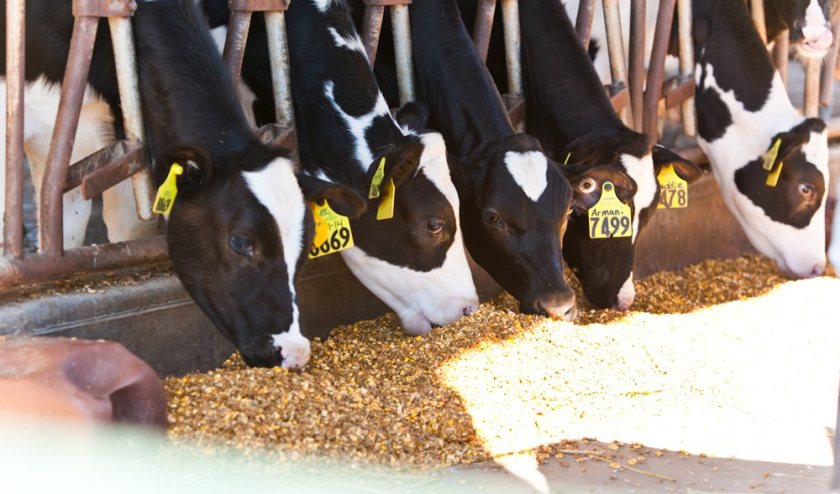UK-first project to provide real time data on cow heat stress

A UK-first project will soon be launched to provide the livestock sector with real time data on heat stress in cows.
Currently, there is limited data form the UK that is available on the impact of heat stress in indoor and outdoor herds.
Looking to change this are Lallemand Animal Nutrition and Chalcombe Ltd, whose project will support farmers with new data.
Mark McFarland, of Lallemand said: "The biggest issue facing UK farmers when it comes to heat stress is that our cows aren’t adapted for higher temperatures.
"Because of this, and the fact that most of the data we have comes from hot countries, the threshold could be significantly lower than what we currently think.
This could mean that cows in the UK could experience heat stress at lower temperatures and humidity levels than cows in Argentina or Spain, for example.
Consequently, the correlated drop in fertility and milk production could be happening much sooner than expected.
In this trial, unique monitors will be fitted to a network of dairy farms in south England with the data being relayed to Lallemand’s website.
This data will be streamed live so that farmers will be able to see the current level of heat stress risk, rather than basing management decisions on last year’s data.
Temperature and humidity will be recorded inside and outside the shed, which will be translated into updated graphs reflecting changing conditions and challenges, helping indoor and grazing herds.
Tom Chamberlain, of Chalcombe said: “Most farmers graze their cows in the summer and there isn’t much known about the risks of heat stress at grass.
"We will be using work from Australia to help assess the live risk to UK grazing herds, and this information will be reported on the Lallemand website alongside the results for housed cows."
As reported by the Met Office earlier this year, heat stress in cattle is likely to become a bigger problem in England and northern Europe due to global warming.
On top of this, as dairy cow yields increase, they become more prone to heat stress.
But Mr Chamberlain said the new project would be the first to measure and report heat stress risks in real time.
"This will allow farmers to take timely actions to reduce the impact of heat stress," he added.








